


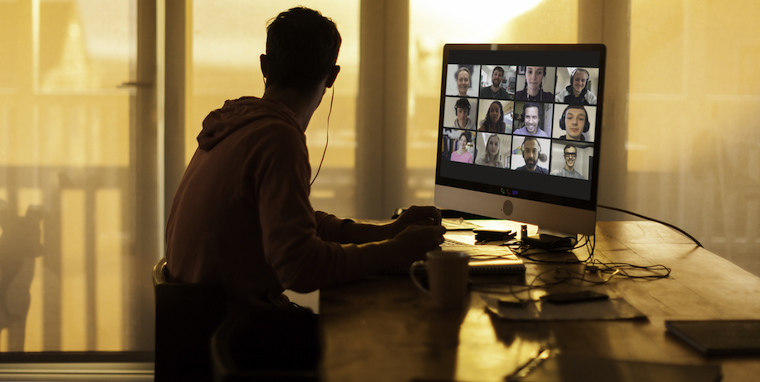
By Rex Hammock, CEO
I’ve spent the past 40 years learning things I didn’t realize I was learning.
Such lessons tend to be the big thing and important later, and they often occur at times of crisis or challenge.
I’ve learned—without realizing it at the time—that being in the middle of such an event can teach me far more than webinars or conferences.

By Rex Hammock, CEO
Why do some people believe that wearing a mask during a global pandemic is ineffective? (Before you read on, let me disclose that I’m a mask-wearer who follows the recommendations of the Centers of Disease Control and Prevention (CDC).) Why doesn’t a mountain of scientific evidence convince people that smoking is harmful? Why do recommendations from the American Heart Association about weekly exercise not faze people, or why do guidelines from the CDC not convince parents of the necessity of vaccinations? Why do people still text while driving?
The answer to each of these questions is confirmation bias, which is the tendency to pay more attention to evidence that supports what you already believe. It’s a well-documented and common human failing that causes “rational people to buy into conspiracy theories.”

By Rex Hammock, CEO
I would never choose to live through another global pandemic, and I long for this one to end.
However, such times of crisis, challenge and disaster can force us to accept positive changes that we have long delayed or denied.
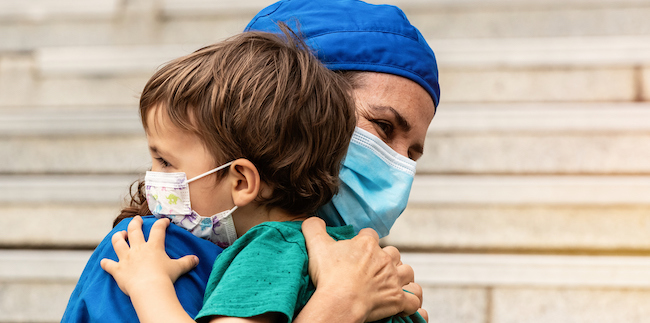
By Rex Hammock, CEO
According to the internet, much of the way we live and work will never be the same because of the coronavirus. Here’s what I mean:

By Rex Hammock, CEO
Last week, I read a statement from the Think With Google team challenging marketers to use this moment in time to start a movement.
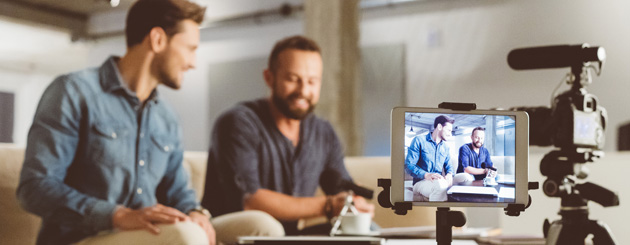
By Rex Hammock, CEO
One day, when we are looking back at how the coronavirus pandemic changed marketing, high on the list will be digital video—the streaming kind, the ubiquitous kind, the on-demand kind, the face-to-face kind, the always-recording kind.
Though digital video has been around for three decades, it has still been a mystery to marketers in many ways. But we’ve finally discovered that video isn’t one thing, it’s everything.
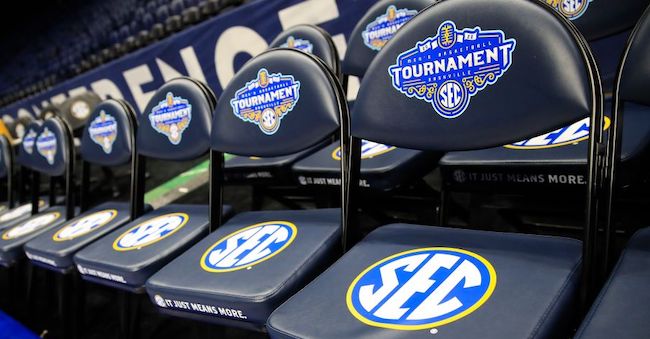
By Rex Hammock, CEO
Today is May 21, 2020, and, in my opinion, it’s an amazing day.
Today marks 70 days since the 2020 SEC Men’s Basketball Tournament was canceled because of COVID-19. The next day, President Trump declared a national emergency and life as we knew it changed.
Rarely, if ever, does a global event touch all our lives so intimately, threatening our public and personal lives simultaneously but in equally unique and distinct ways.

By Rex Hammock, CEO
Two months ago.
During the night and early morning of March 2-3, tornadoes ripped through Middle Tennessee, killing 25 people and injuring more than 300. More than 70,000 homes lost power in the storm.
Two days later, on March 5, the first case of COVID-19 was confirmed in Tennessee. A week later, on March 12, the NHL suspended its season indefinitely, and then permanently. The SEC men’s basketball tournament, scheduled to take place in Nashville, also was canceled. On March 13, President Trump declared a national emergency. As the number of confirmed cases of COVID-19 started to climb, businesses started to close.
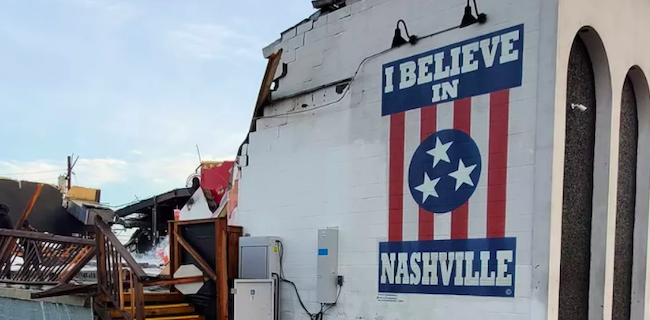
By Rex Hammock, CEO
“What is the most powerful form of marketing?”
It’s these three simple words: “Help, not hype.”
We’ve written about it before, but it never fails to amaze us. When disaster strikes, people want to help in any way they can.

By Rex Hammock, CEO
Last week, the Hammock Healthcare Idea Email included insights from an article in the Harvard Business Review based on early data from China and how companies there are successfully moving through the pandemic. It is both insightful as a business story and as a study of how critical communication and content is in the “five stages” of pivoting to recovery.